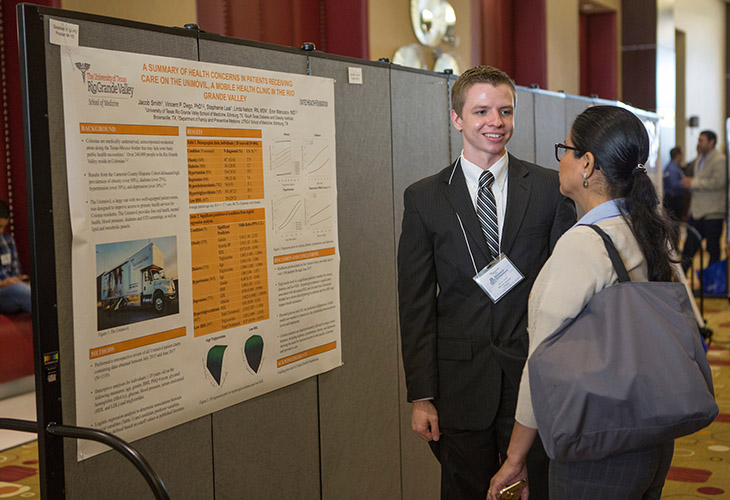Document Type
Article
Publication Date
6-2023
Abstract
Diabetic retinopathy (DR) remains the leading cause of blindness in working age Americans. There has yet to be any effective treatment to prevent or delay onset of the condition, only to treat late-stage vascular changes. Research on early signs of disease have shown that changes in neural layers of the retina appear to be the earliest signs of disease, preceding the vascular changes that currently define DR. This has sparked increased interest in the pathogenesis of the neurodegeneration involved in DR. Reactive oxygen species (ROS) have been identified as a mechanism of early DR-related neurodegeneration, as photoreceptors are a known source of these damaging byproducts. Elevated levels of immature neurotrophic factors have also been implicated in neurodegeneration in DR by impeding neuron survival. Attention has also been made in the apoptotic pathways of neurons and retinal glial cells in the context of DR. Understanding the caspases involved and which pathways predominate in each cell type offers several areas of potential therapeutic intervention. Retinal glial cells, responsible for neuronal support and homeostasis, have been studied to appreciate how their disruption is involved in DR neurodegeneration. Finally, retinal neurons cannot be separated entirely from the vasculature. Exploration of the neurovascular unit can help to illuminate potential therapeutic interventions for DR that may mutually benefit both neurons and vasculature. Awareness and further research in early neurodegeneration in DR has the potential to encourage effective treatments to target diabetic retinal changes before any vascular changes are detectable.
Recommended Citation
Callan, Andrew B.; Jha, Sonal V.; Valdez, Laura; and Tsin, Andrew, "Cellular and Molecular Mechanisms of Neuronal Degeneration in Early-Stage Diabetic Retinopathy" (2023). MEDI 8127 Scholarly Activities Pre-Clerkship. 41.
https://scholarworks.utrgv.edu/som8127/41
Academic Level
medical student
Mentor/PI Department
Molecular Science


